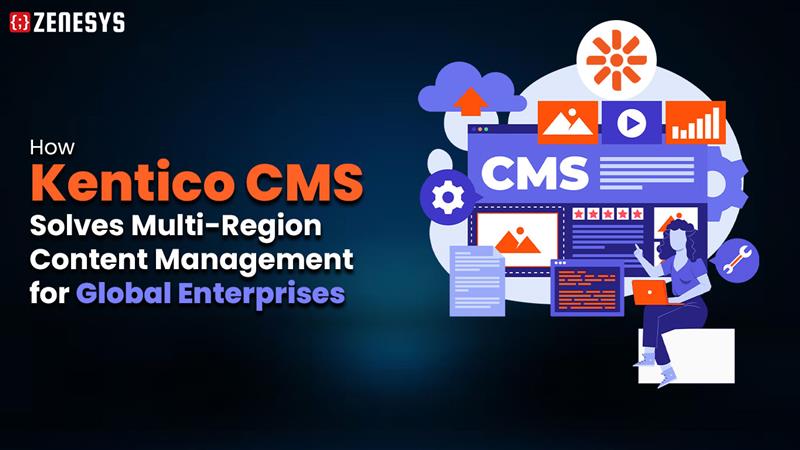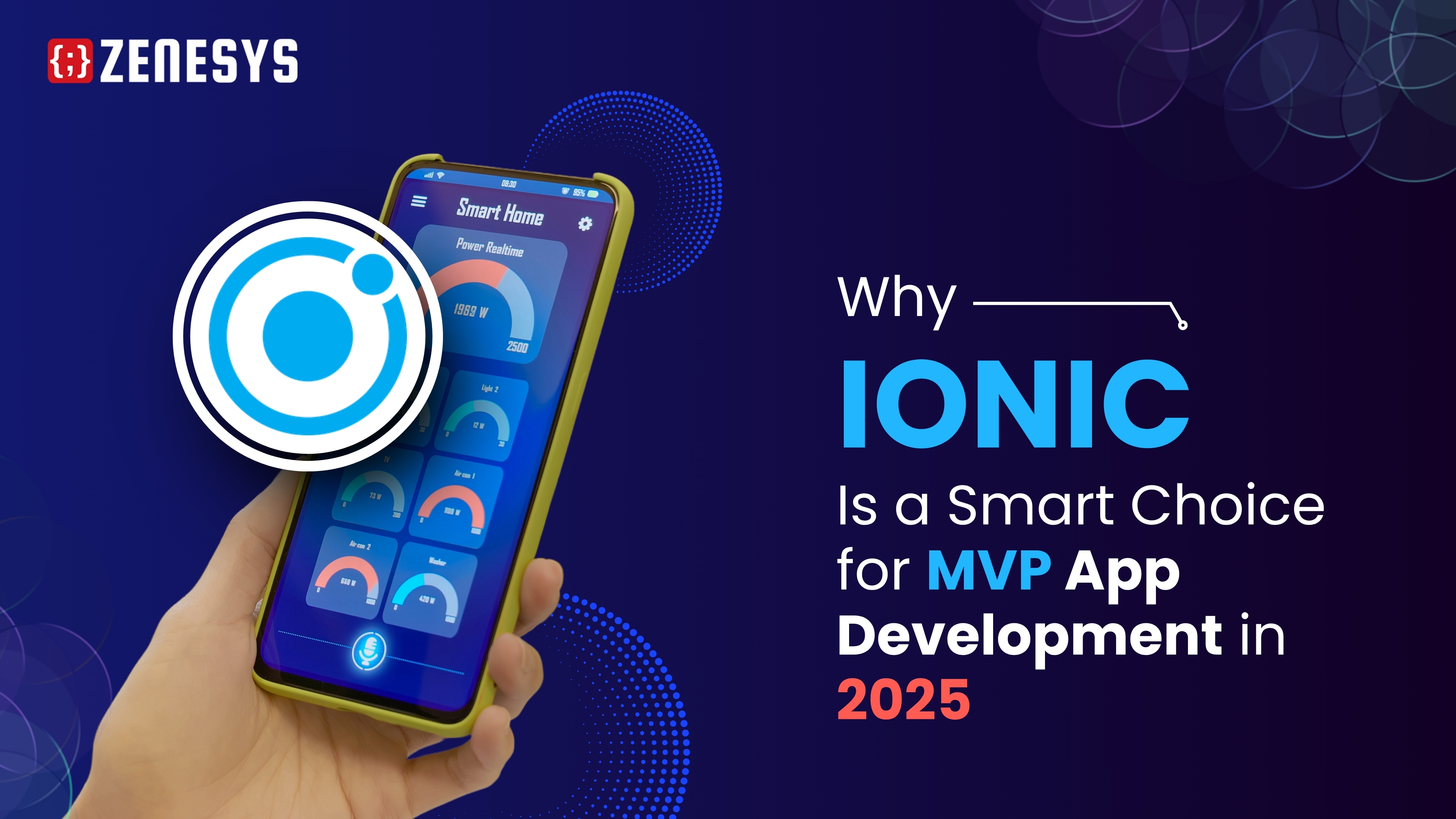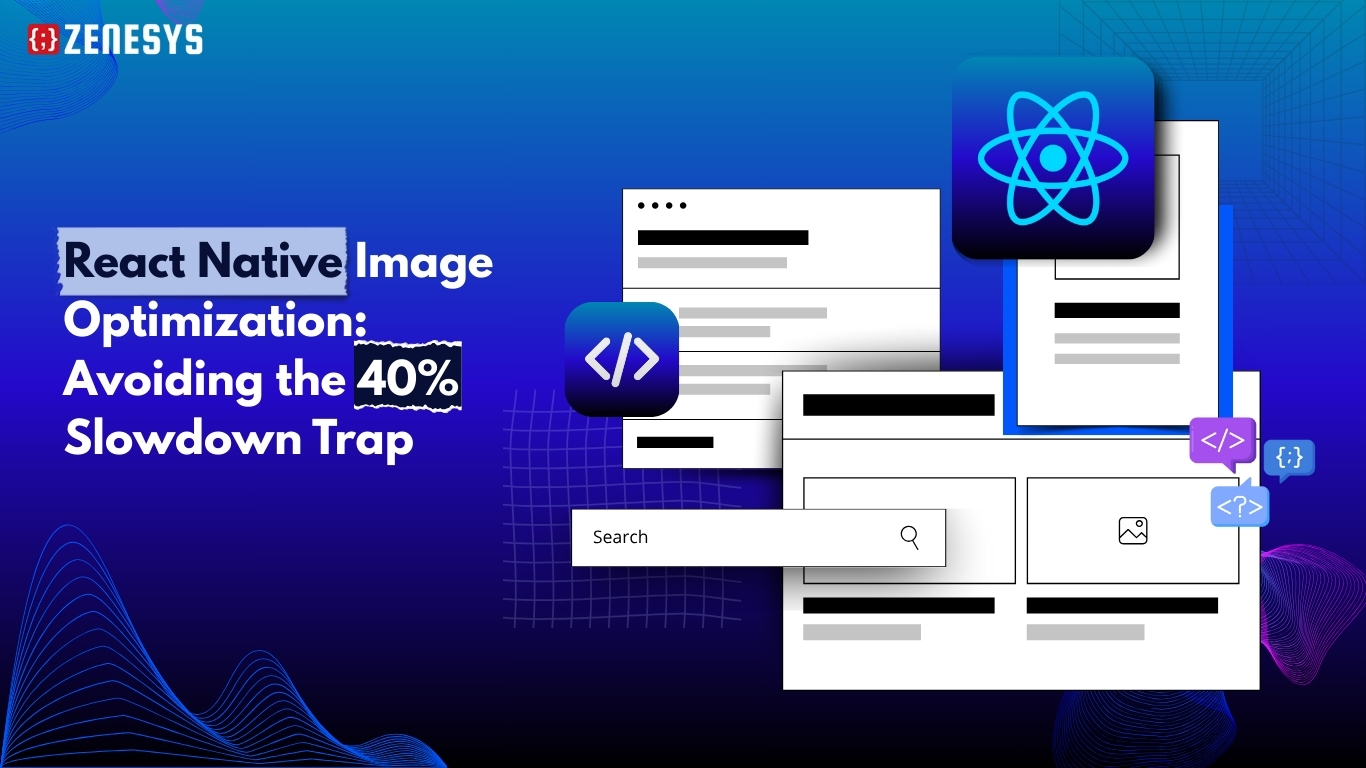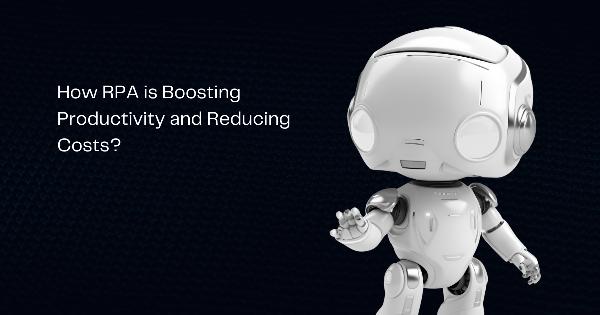Reducing Operational Costs with AI Agents for Routine Business Processes
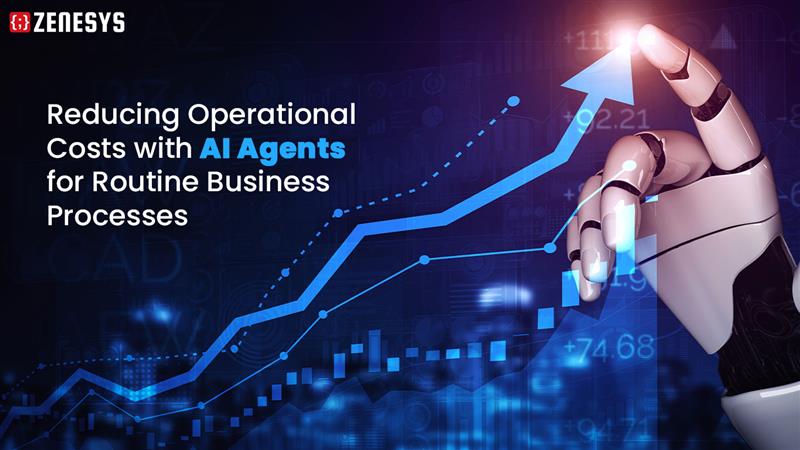
Strong 8k brings an ultra-HD IPTV experience to your living room and your pocket.
Businesses everywhere are on the lookout for smarter ways to cut expenses—especially when it comes to the everyday stuff that eats up time and money. If you’ve ever felt like your team spends too much effort on tasks like answering emails, scheduling meetings, or sorting data, you're not alone. These small but constant jobs can quietly drain your resources.
That’s where AI agents step in.
In this article, I’ll walk you through how AI agents are helping businesses lower operational costs by handling routine processes more efficiently. We’ll also talk about what exactly AI agents are, where they fit into your daily operations, and how to get started with them without overhauling your entire system.
What Are AI Agents, Really?
Let’s not overcomplicate things.
An AI agent is like a clever computer helper. It can do things or decide what to do by itself, using the information it gets.
Think of it like a team member who never gets tired and doesn't need breaks.
These agents can:
- Chat with customers (like a chatbot)
- Process invoices
- Monitor emails and flag important ones
- Schedule meetings
- Collect and organize data from various sources
- Even respond to HR queries
They're not some far-fetched concept from a sci-fi movie—they’re already being used in industries like healthcare, finance, logistics, and eCommerce.
Why Routine Processes Cost More Than You Think
You might think that handling repetitive work manually is “just how business runs.” But let’s take a closer look.
1. Time Wasted Adds Up
Say your team spends 2 hours a day replying to basic customer queries. That’s 10 hours a week, 40 hours a month. Multiply that by the average salary of an employee, and you’ll realize that you're paying thousands of dollars just for typing repetitive emails.
2. Errors Happen When You’re Rushed
Manual work is prone to human error, especially under pressure. A missed invoice or a wrong data entry can lead to more time spent fixing issues later—and sometimes, it costs relationships with clients.
3. Employee Burnout Is Real
When employees are stuck doing repetitive work, it affects morale. Talented people want to focus on meaningful work, not just data entry or admin tasks.
How AI Agents Can Help Cut Down Operational Costs
Here’s where it gets interesting. AI agents are good at one thing: routine, repeatable tasks. The kind that don’t require emotional intelligence, creativity, or deep thinking.
Let’s break this down into areas where AI agents save time and money.
1. Customer Support Without the 24/7 Staff
AI agents can respond to common queries instantly. Whether it’s “Where is my order?” or “How do I reset my password?”, these helpers can respond to many questions at once, so there are no waits or lines.
"More than 70% of customers expect a business to offer self-service tools."
This allows you to have a smaller support staff or let them focus on harder problems.
2. Faster Document Handling and Data Entry
AI agents can scan documents, extract important details, and input them into systems accurately. No more typos, no more delays.
Examples:
Reading resumes and sorting applicants
Pulling payment info from invoices
Organizing client data from forms
3. Automated HR Tasks
From onboarding to payroll questions, AI agents can help HR departments work smarter. They can:
Answer employee FAQs like “How many sick days do I have left?”
Help schedule interviews
Share training materials
This saves the HR team from drowning in emails.
4. Smooth IT and Tech Support
You know those IT tickets that say “My email isn’t working” or “I forgot my password”? AI agents can handle many of those before they even hit your IT guy’s inbox.
That means faster resolutions, and fewer helpdesk team members needed.
What Can You Automate with AI Agents?
What About the Cost of Building or Buying an AI Agent?
This is a common concern—and a valid one.
There are two ways businesses typically go about this:
1. Buy Off-the-Shelf Tools
Platforms like Intercom, Drift, or Tidio offer pre-built agents. You pay a monthly fee, set it up quickly, and you’re good to go. But customization is limited.
2. Work with an AI Agent Development Company
If your needs are specific (say, integrating with your CRM or creating a voice-based assistant), you might need a custom solution. That’s when working with an AI Agent development company makes sense. They can build something that fits your system and goals better than a general tool.
Costs vary. A simple AI agent might cost a few hundred dollars a month, while custom-built solutions can run into a few thousand—but the long-term savings often justify it.
Challenges and What to Watch Out For
Of course, AI agents aren’t magic. They have their limits. Here’s what to keep in mind:
Training Takes Time: If you want the agent to handle specific tasks, you need to feed it with the right data.
Some Tasks Still Need Humans: Anything that needs emotional judgment, complex decision-making, or sensitive conversations—AI isn’t ready for those yet.
You Need a Good Setup: Your internal systems must be clean and integrated well. Otherwise, your AI agent will struggle.
How to Get Started with AI Agents
You don’t have to change everything overnight. Here’s a practical roadmap:
1. List Your Repetitive Tasks
Talk to your teams. Ask them what takes up most of their time each day. Write it all down.
2. Find Quick Wins
Start with tasks that are:
Low risk
Easy to automate
High volume
Think: answering common emails, updating spreadsheets, processing simple forms.
3. Test Before You Commit
Use free trials or limited-feature versions of AI tools before rolling them out company-wide.
4. Work With Experts If Needed
If you feel lost, partner with a company that builds AI solutions. They can help you find the right tech without overcomplicating things.
Quick Tips to Make AI Agents Work for You
Set Clear Boundaries: Define what the agent can and can’t do. Don’t let it roam free.
Train It With Real Data: The more relevant info it has, the better it performs.
Monitor Performance: Check metrics—response time, resolution rates, error logs.
A Few Common Questions
Q: Will AI agents take away jobs?
Not really. They usually take over boring tasks, not creative or strategic ones. Many businesses shift their people to higher-value work once AI takes care of the basics.
Q: Do I need a developer to set one up?
Depends. Off-the-shelf tools usually don’t need one. But for deeper customization, yes, you might need help.
Q: Is it safe to share data with AI agents?
As long as you're using trusted platforms and secure development practices, it’s safe. Just ensure you follow data privacy laws like GDPR or HIPAA (if applicable).
Q: How soon can I expect results?
Some see benefits within weeks—especially with customer service. Others may take a couple of months, especially if training is involved.
Wrapping It Up
If you're still manually handling every little task in your business, you’re probably burning time, money, and energy. AI agents aren’t just trendy—they’re practical tools that help you reduce operational costs by handling the repetitive stuff faster, more accurately, and around the clock.
You don’t need to replace your team. You just need to free them from boring, robotic tasks—so they can focus on what actually moves your business forward.
And if you're not sure where to begin, don’t stress. Start small. Automate one thing. See how it works. Then move to the next. That’s how modern businesses are staying lean and smart—one smart step at a time.
Note: IndiBlogHub features both user-submitted and editorial content. We do not verify third-party contributions. Read our Disclaimer and Privacy Policyfor details.



